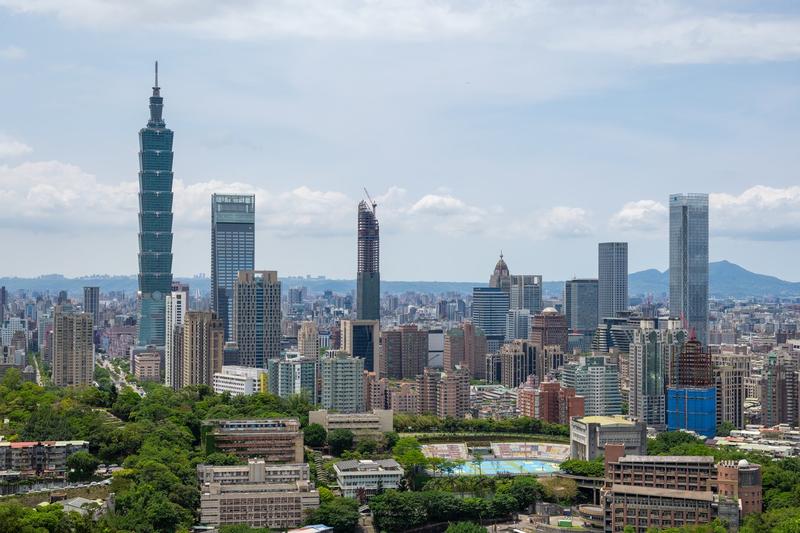
Taiwan, which votes on Saturday to choose its next president and renew its parliament, has been politically separated from the rest of China for seven decades and is under threat of forced reunification.
AFP gives us some key facts about this territory of 23 million people, which has its own currency, flag, army, diplomacy and government, but which is considered an independent country with only a few capitals.
Divided China
After the Chinese Civil War ended in 1949, the Communists established the People’s Republic of China in Beijing. The province of Taiwan became the refuge of the Kuomintang nationalists led by Chiang Kai-shek and the base of the “Republic of China”, which was to be the legal continuation of the first Chinese republic, proclaimed in 1912 in Nanjing.
Until 1987, the island was under martial law. In 1991, the state of emergency was lifted, allowing democracy to be introduced and ending the state of war with the “communist insurgency” and thus with Beijing. A slow approach began.
Relations have deteriorated since President Tsai Ing-wen came to power in 2016. Her party, the Democratic Progressive Party (DPP), rejects the principle of “one China” and claims that Taiwan is already de facto independent.
Beijing claims that Taiwan is part of its territory, which it will one day claim, if necessary by force. China will “definitely reunify,” President Xi Jinping said in his New Year’s address.
- On the same topic: Taiwan’s “Silicon Shield”: what should the island do to avoid becoming the next Ukraine

Image from Taipei, Taiwan Photo: Leung Cho Pan / Panthermedia / Profimedia
Isolated on the international stage / Only a few countries recognize Taiwan
Taipei was long considered the official representative until the UN moved to Beijing in 1971. Other countries and international organizations followed his example.
Beijing opposes any official or military contacts between the island’s authorities and foreign countries.
In recent years, in its containment campaign, China has uprooted several of Taiwan’s allies, following the example of Honduras in March 2023.
Currently, only thirteen countries in the world officially recognize Taiwan, including seven in Latin America and the Caribbean, and the Vatican remains the last in Europe.
In 1979, Washington severed diplomatic relations with Taipei, recognizing Beijing as the sole representative of China. However, the United States remains Taiwan’s strongest ally and main arms supplier.
Leading semiconductor industry
Despite its small size, the democratic island has one of the largest economies in the world, not least because of its role as a center for the semiconductor industry needed to produce high-tech products.
The world leader in semiconductor manufacturing, Taiwan Semiconductor Manufacturing Company (TSMC), alone supplies almost 50% of the world’s sub-10 nanometer microchip production.
Many of Taiwan’s leading technology companies have huge factories in China, Taipei’s largest trading partner. Among them is the giant Foxconn, which produces a wide range of electronics, from the Apple iPhone to laptops and game consoles.
A pioneer in Asia
In Asia, Taiwan is leading the way in LGBT+ rights, having legalized same-sex marriage in 2019, the first time in that part of the world.
The island is considered one of the most progressive democracies on the continent, with over 40% women in parliament, the highest in Asia.
Taiwan also remains a world model in the field of recycling and selective sorting of waste.
- On the same topic: Taiwan: Chinese balloons, a tool of destabilization before the presidential election
Source: Hot News
Ashley Bailey is a talented author and journalist known for her writing on trending topics. Currently working at 247 news reel, she brings readers fresh perspectives on current issues. With her well-researched and thought-provoking articles, she captures the zeitgeist and stays ahead of the latest trends. Ashley’s writing is a must-read for anyone interested in staying up-to-date with the latest developments.